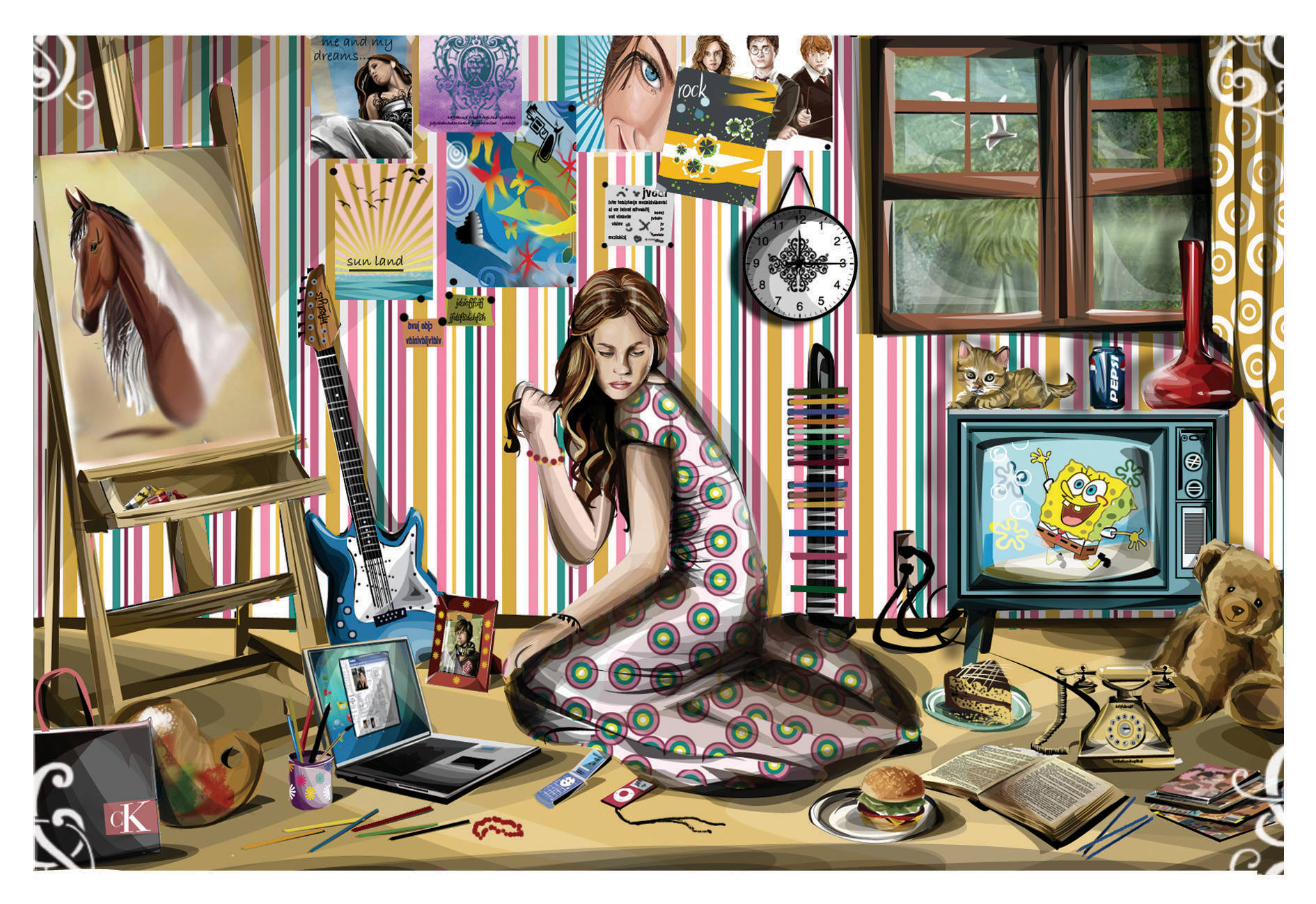Blind Gossip: The Inside Scoop On What You’re Missing
Let’s get real here, people—blind gossip is everywhere. Whether you’re scrolling through social media, flipping channels on TV, or just hanging out with friends, chances are you’ve stumbled upon some juicy tidbits about celebrities, politicians, or even random folks. It’s like a game of hide and seek, except instead of finding people, we’re uncovering secrets. Blind gossip has become a cultural phenomenon that keeps us glued to our screens, itching for more. But what exactly is blind gossip, and why does it have such a hold on us?
Blind gossip, simply put, is the art of sharing juicy stories without revealing who’s involved. Think of it as a mystery novel where the main characters are anonymous, but their actions leave us intrigued. It’s like being handed a puzzle with missing pieces—you know something big is going on, but you’re left to fill in the blanks yourself. And let’s be honest, that’s half the fun, right?
Now, before we dive deeper into this world of whispers and secrets, it’s important to understand why blind gossip matters. In a world where information is readily available at our fingertips, blind gossip adds an element of mystery that keeps us engaged. It’s not just about the drama; it’s about the thrill of trying to figure out who’s behind the scenes. So buckle up, because we’re about to take you on a wild ride through the world of blind gossip.
Read also:Discover Diana Ross Net Worth Age And Personal Life 2023
What Is Blind Gossip Anyway?
Alright, let’s break it down. Blind gossip is essentially the spread of information about someone without naming them directly. It’s like when your friend says, “You won’t believe what so-and-so did last night,” but refuses to tell you who “so-and-so” is. The beauty—or the frustration, depending on how you look at it—is that it keeps you guessing. And let’s be real, we love a good guessing game.
But why do people engage in blind gossip? Well, there are a few reasons. For one, it allows people to share juicy details without crossing any ethical or legal lines. You can dish out the dirt without having to worry about getting sued or offending anyone directly. Plus, it adds an extra layer of intrigue that keeps people hooked. Who doesn’t love a good mystery?
Why Do We Love Blind Gossip?
Humans are naturally curious creatures. We love to know what’s going on behind closed doors, especially when it involves someone we admire or despise. Blind gossip taps into that curiosity and turns it up a notch. It’s not just about hearing the story; it’s about piecing together the puzzle and figuring out who’s involved. And let’s face it, sometimes the guessing game is even more fun than knowing the truth.
Here are a few reasons why blind gossip is so addictive:
- It’s mysterious: There’s something thrilling about not knowing all the details. It’s like watching a movie with no plot summary—you’re left on the edge of your seat, waiting to see what happens next.
- It’s inclusive: Everyone loves a good guessing game. Blind gossip allows people to participate in the conversation without feeling left out, even if they don’t know all the players involved.
- It’s safe: Sharing blind gossip is a way to indulge in the drama without getting into trouble. You can talk about someone without naming them, which makes it less likely to cause conflict or harm.
The History of Blind Gossip
Blind gossip isn’t a new phenomenon. In fact, it’s been around for centuries. Back in the day, people would spread rumors and stories about others without revealing their identities. Think of it as the ancient version of Twitter or Instagram. The only difference is that back then, gossip traveled by word of mouth instead of through algorithms.
One of the earliest examples of blind gossip can be traced back to ancient Rome. The Roman poet Juvenal famously wrote about the scandalous behavior of unnamed individuals in his satirical works. He would describe their actions in vivid detail, leaving readers to speculate about who the real culprits were. Sound familiar? It’s basically the OG version of modern-day blind gossip.
Read also:Exploring Rule 34 Sophie Rain A Comprehensive Guide
Modern-Day Blind Gossip
Fast forward to today, and blind gossip is more popular than ever. With the rise of social media platforms like Instagram, Twitter, and TikTok, people have more opportunities than ever to share their thoughts and opinions without revealing their identities. Anonymous accounts have become a breeding ground for blind gossip, where users can dish out the dirt without fear of repercussions.
Take, for example, the infamous “Blind Gossip” Instagram account. With over a million followers, this account specializes in sharing juicy stories about celebrities and influencers without naming them directly. Fans love it because it gives them a glimpse into the lives of their favorite stars while keeping the mystery alive. And let’s be honest, who doesn’t love a good celebrity scandal?
The Psychology Behind Blind Gossip
So why are we so drawn to blind gossip? The answer lies in psychology. Studies have shown that humans are naturally drawn to gossip because it helps us make sense of the world around us. It’s a way for us to gather information about others and use it to our advantage. Blind gossip takes this a step further by adding an element of mystery that keeps us engaged.
Here are a few psychological reasons why we love blind gossip:
- Social bonding: Sharing gossip is a way to connect with others and build relationships. It’s like saying, “Hey, I trust you enough to share this with you.”
- Information gathering: Gossip helps us stay informed about what’s going on in our social circles. It’s a way to stay ahead of the game and avoid being caught off guard.
- Entertainment: Let’s face it, gossip is fun. It’s like watching a reality TV show, except the drama is real-life and happening right in front of us.
The Dark Side of Blind Gossip
While blind gossip can be entertaining, it’s not without its downsides. For one, it can be hurtful to the people involved, even if they’re not named directly. Imagine being the subject of a blind gossip story and having everyone speculate about your life. It’s not exactly fun, is it?
Additionally, blind gossip can perpetuate stereotypes and reinforce negative biases. When we don’t know who’s involved, we tend to fill in the blanks with our own assumptions, which can lead to misunderstandings and even discrimination. So while blind gossip might be fun, it’s important to remember that it can have real-world consequences.
How to Spot Blind Gossip
Blind gossip can be tricky to spot, especially if you’re not paying attention. Here are a few red flags to look out for:
- Vague language: If someone is using phrases like “you know who” or “someone you wouldn’t expect,” chances are they’re engaging in blind gossip.
- Over-the-top details: Blind gossip often includes excessive details about someone’s actions or behavior, but leaves out their identity. This is done to keep the mystery alive while still giving enough information to keep people hooked.
- Anonymous sources: If someone claims to have insider information but refuses to reveal their source, it’s likely they’re spreading blind gossip.
Is Blind Gossip Ethical?
This is a tricky question. On one hand, blind gossip allows people to share information without crossing any ethical or legal lines. On the other hand, it can be hurtful and damaging to the people involved, even if they’re not named directly. So is it ethical? The answer depends on how you look at it.
Some argue that blind gossip is a harmless form of entertainment that allows people to indulge in the drama without causing harm. Others believe that it perpetuates a culture of speculation and misinformation, which can have real-world consequences. Ultimately, it’s up to each individual to decide where they stand on the issue.
Blind Gossip in the Media
Blind gossip isn’t just limited to social media platforms. It’s also a staple in the entertainment industry, where journalists and reporters often use it to break big stories. Think of all the times you’ve read a headline that says, “A-list celebrity caught in scandalous situation” or “Hollywood starlet’s secret revealed.” Chances are, these stories are examples of blind gossip.
One of the most famous examples of blind gossip in the media is the infamous “A-Rated Actress” scandal from the early 2000s. A tabloid reported that a well-known actress was involved in a scandalous situation, but refused to name her directly. Fans were left to speculate about who the actress was, and the story became a cultural phenomenon. Sound familiar?
Blind Gossip and Social Media
Social media has taken blind gossip to a whole new level. Platforms like Instagram, Twitter, and TikTok have made it easier than ever for people to share their thoughts and opinions without revealing their identities. Anonymous accounts have become a breeding ground for blind gossip, where users can dish out the dirt without fear of repercussions.
But is this a good thing? While blind gossip can be entertaining, it can also perpetuate a culture of speculation and misinformation. When people don’t know who’s involved, they tend to fill in the blanks with their own assumptions, which can lead to misunderstandings and even discrimination. So while blind gossip might be fun, it’s important to remember that it can have real-world consequences.
How to Deal with Blind Gossip
So what do you do if you find yourself on the receiving end of blind gossip? Here are a few tips to help you navigate the situation:
- Stay calm: It’s easy to get upset when you’re the subject of blind gossip, but it’s important to stay calm and not let it affect you too much.
- Don’t engage: Engaging with the person spreading the gossip can make the situation worse. Instead, focus on addressing the issue in a calm and rational manner.
- Clear the air: If the gossip is affecting your relationships or reputation, it might be worth addressing the issue head-on. Clearing the air can help put an end to the speculation and set the record straight.
Blind Gossip and Mental Health
Blind gossip can have a significant impact on mental health, especially if you’re the subject of the gossip. It can lead to feelings of anxiety, depression, and low self-esteem, especially if the gossip is widespread or particularly damaging. So how can you protect your mental health in the face of blind gossip?
Here are a few tips:
- Limit your exposure: If blind gossip is affecting your mental health, it might be worth limiting your exposure to it. This could mean unfollowing certain accounts or taking a break from social media altogether.
- Talk to someone: If you’re feeling overwhelmed, it can help to talk to someone about how you’re feeling. Whether it’s a friend, family member, or therapist, having someone to confide in can make a big difference.
- Practice self-care: Taking care of yourself is important, especially when you’re dealing with the stress of blind gossip. Make time for activities that make you happy and help you relax, whether it’s reading, exercising, or spending time with loved ones.
Conclusion: The Final Word on Blind Gossip
Blind gossip is a fascinating phenomenon that has captured the attention of people around the world. Whether you love it or hate it, there’s no denying its influence on our culture and society. It’s a way for us to indulge in the drama without crossing any ethical or legal lines, but it’s important to remember that it can have real-world consequences.
So the next time you come across a blind gossip story, take a moment to reflect on why it’s so intriguing. Is it the mystery? The drama? Or the thrill of trying to figure out who’s involved? Whatever the reason, remember to approach it with a critical eye and a healthy dose of skepticism.
And don’t forget to share your thoughts in the comments below! We’d love to hear what you think about blind gossip and its impact on our culture. Until next time, keep it real and keep it juicy!


